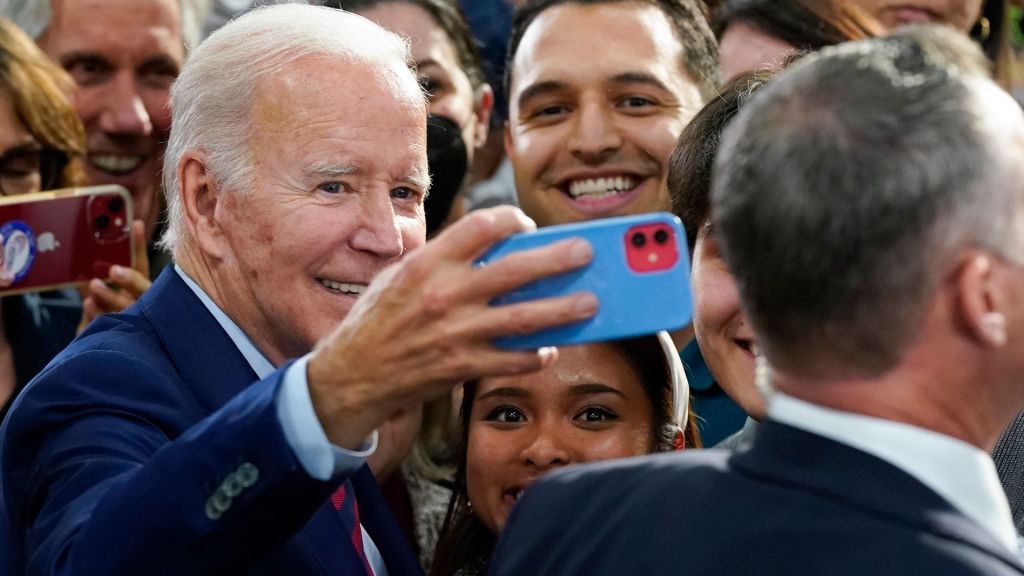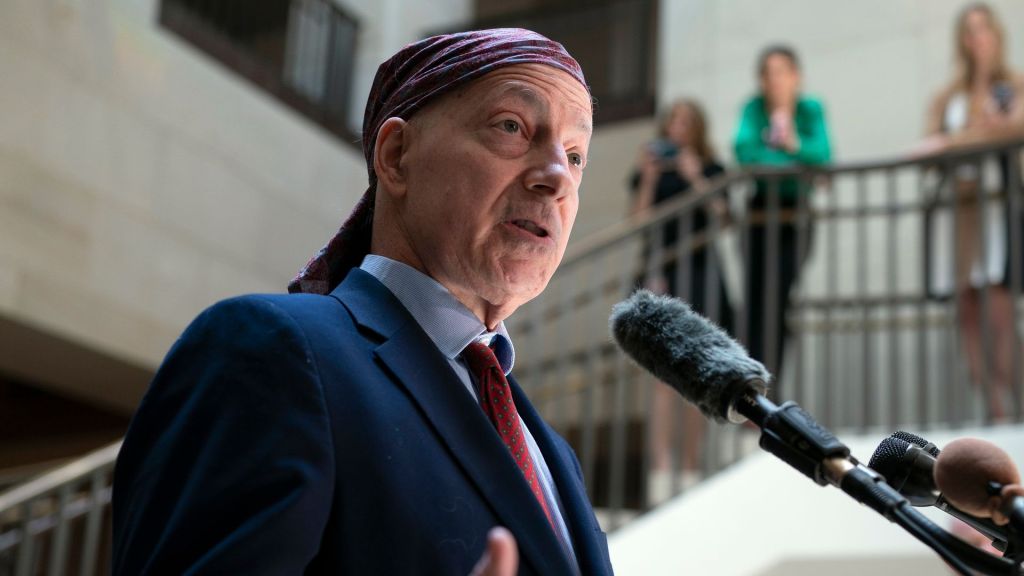
Dr. Paul Offit, committee member: “It’s always nerve wracking I think, when you’re asked to make a decision for millions of children based on studies of only a few thousand children. So I guess the way I struggle or I should try and deal with this is that it’s never when you know everything, you never know everything. The question is whether you know enough, and I think we certainly know that there are many children between 5 and 11 years of age who are susceptible to this disease, who could very well be sickened or hospitalized or die from it.”
Dr. Jeannette Lee, temporary committee member: “At one point we thought if we vaccinated enough people that the, the virus would go away. It’s not going away, and I think we’re going to have to find a way to live with it. And I think the vaccines kind of give us a way to do that.”
Dr. Michael Kurilla, committee member: “There are high-risk individuals, and I think they they do need to be attended to. We do need to provide a vaccine for them, but for many other, for many others, one dose or no dose even, if they’ve had prior COVID infection, I think they may not need anything more.”
Dr. Cody Meissner, committee member: “I’m just worried that if we say yes, that the states are going to mandate administration of this vaccine to children in order to go to school, and I do not agree with that. I think that would be an error at this time until we get more information about the safety. So I think I agree with what everyone else is saying here, we’re we’re in a very difficult decision-making process.”
Dr. Arnold Monto, committee chair: “If we do not approve, we will be denying the vaccine to families that have a vulnerable member present and who who have been keeping their kids in because they’re concerned about infecting that individual. We will be denying the vaccine to others who for one reason or another, want their child to be protected, for a risk which we cannot really accurately estimate.”
Peter Marks, FDA vaccine chief: “The issue of vaccine equity, and that if we try to approve that for some subset of the group that that could potentially lead to a situation where this becomes a vaccine that gets used more in those who are of a socioeconomic status that they are able to maneuver to receive the vaccine that would put some at a disadvantage. So I think we just need to be careful about where we go with that.”






